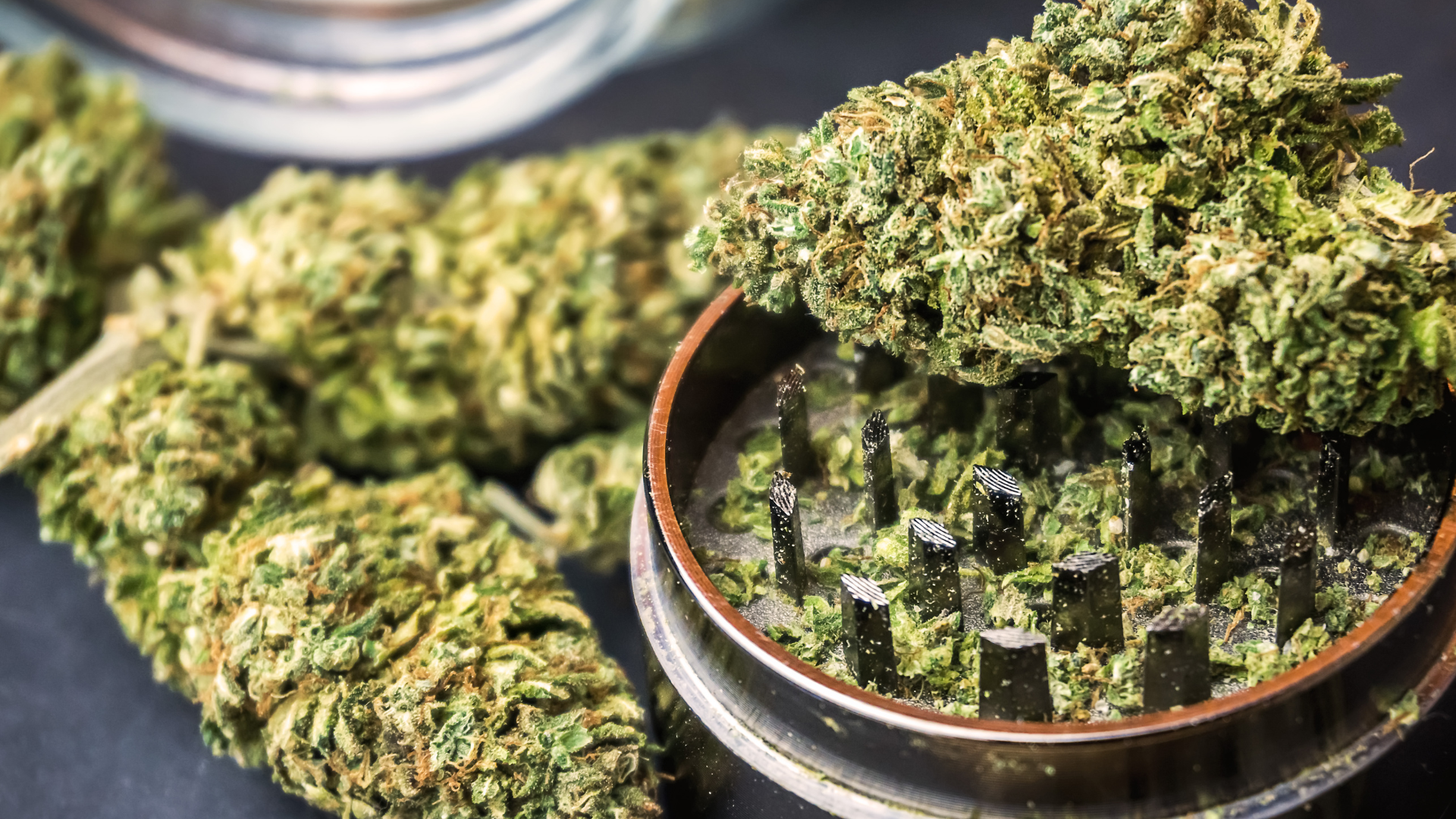A Marijuana Card is Required for Treatment
Welcome to our blog about the importance of obtaining a marijuana card for medical treatment. With the rapid growth in popularity and use of marijuana, many people are beginning to wonder if they need a card or not. The short answer is yes! And we’re here to tell you why.
In this post, we’ll discuss everything you need to know about obtaining a marijuana card, how it can benefit your health, and why it’s vital for legal protection. So sit back, relax, and let us guide you through this fascinating world!
Qualifying Medical Conditions for a Marijuana Card
A marijuana card, also called a cannabis card or medical cannabis card, is a document that proves that a person has been approved to use marijuana for medical purposes.
There are many different qualifying medical conditions for a marijuana card, including but not limited to cancer, HIV/AIDS, glaucoma, multiple sclerosis, chronic pain, and more. The full list of qualifying conditions can be found on the website of your state’s medical marijuana program.
If you think you might have a qualifying condition, the first step is to talk to your doctor about whether or not medical marijuana could be an appropriate treatment for you. Once you have obtained a written recommendation from your doctor, you will then need to register with your state’s medical marijuana program and submit an application.
After your application has been reviewed and approved, you will be issued a cannabis card which will allow you to purchase and use medical marijuana from licensed dispensaries in your state.
The Process of Getting a Medical Marijuana Card
First and foremost, it’s important to understand that to obtain a medical marijuana card, you must be a California resident with a valid ID. If you do not have a California ID, you will not be able to get a card.
The first step is to find a doctor who is willing to recommend medical marijuana for your condition. This can be done by searching online for “medical marijuana doctors” or “marijuana dispensaries” in your area. Perhaps you might stumble across weed dispensary emeryville if you happen to live in the county of Alameda in California. Alternatively, you may come across other dispensaries if you happen to live in another region. Some dispensaries may even have support networks that includes healthcare professionals specializing in medical marijuana. Irrespective of the location, do ensure that you zero in on a few potential options that you think will fit your requirements best. Once that is done, give them a call and ask if they can offer their help.
If they do, great! The next step is to schedule an appointment with the doctor. Be sure to bring your valid ID and any other relevant medical records with you to the appointment. During the visit, the doctor will evaluate your condition and determine whether or not they believe medical marijuana would be beneficial for you.
If they recommend cannabis as a treatment, they will fill out and sign a recommendation form (known as an MMJ-210). You will then take this form to a local dispensary and exchange it for an actual medical marijuana card.
Some dispensaries may require additional documentation, such as proof of residency or income, so be sure to ask what their requirements are before your visit. Once you have your card, you can legally purchase and consume cannabis for medicinal purposes!
How to Use Medical Marijuana
Medical marijuana is an effective treatment for a wide variety of medical conditions. To use medical marijuana, you must first obtain a medical marijuana card from a licensed physician. Once you have a medical marijuana card, you can purchase medical marijuana from a dispensary.
Side Effects of Medical Marijuana
Medical marijuana is a safe and effective treatment for a variety of conditions, but like any medication, it can have side effects. The most common side effects are dry mouth, fatigue, and dizziness. Some people may also experience paranoia or anxiety.
These side effects are usually mild and go away on their own. If you’re concerned about any side effects, talk to your doctor.
Other potential side effects of medical marijuana include increased heart rate, increased appetite, weight gain, impaired judgment, and coordination, and slowed reaction time. People may also experience changes in their mood or behaviour.
There are also risks associated with smoking medical marijuana, such as inhaling dangerous chemicals that can damage the lungs. To reduce these risks, some people choose to use vaporizers instead of smoking them.
It’s important to remember that everyone responds differently to medication, so it’s important to talk to your doctor about any side effects you experience while using medical marijuana.
So, it is important to remember that a marijuana card is required for any legitimate medical marijuana treatments in many U.S. states and throughout Canada. This process can be confusing and overwhelming, but the rewards of finding relief from pain or other illnesses are worth the effort.
If you think that you could benefit from medicinal marijuana, consider talking to your doctor about getting a valid medical cannabis card so that you can access the treatment options available at dispensaries across North America.


